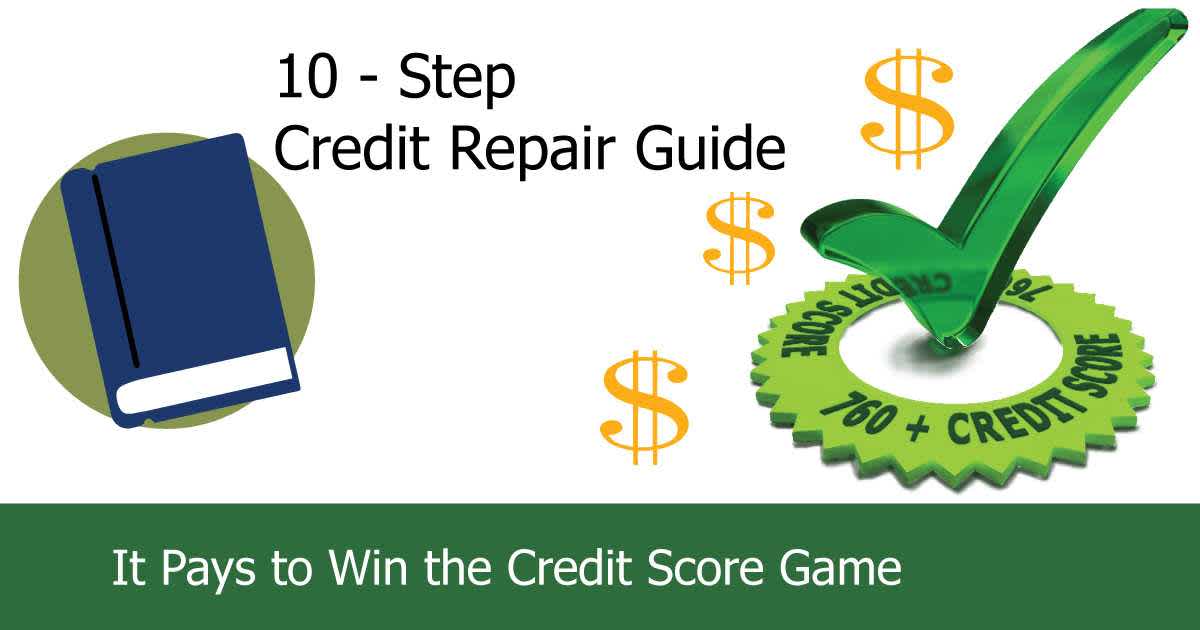In today’s economy, it's all about credit. Your credit report and credit score are used to determine your character, general reputation, personal characteristics, or mode of living. It impacts every aspect of your life; there are literally hundreds of companies that compile information on every transaction you make, even as mundane as your utility bill payment history or gambling habits. In the end, the difference between an average or great credit score is hundreds of thousands of dollars over your life if you use credit cards or get home and vehicle loans. The objective we want to achieve is putting that money into savings or investments rather than into the creditor’s profit margin. While it is a lofty goal, obtaining a 760+ credit score is possible if you know how to do it and follow a plan to earn it.
“Financial gurus” like Dave Ramsey advocate that you should shred all of your credit cards and live sole off of your cash. That is unrealistic for the vast majority of us. The premise of shredding is based upon the belief that people cannot learn to discipline themselves in the use of credit. Those of us who are not millionaires need to use credit because we do not have the cash lying around. When we talk about purchases, we are not talking about the mundane stuff or regular living expenses, we are talking about the purchase of a vehicle or a home. How many of us can plop down $35,000 for the new ride or $150,000 for a home? Not many.
It is when we make those big-ticket purchases that we need credit. Under Mr. Ramsey’s theory, you will become a “consumer ghost” because you will not have a recent credit history. The result is that your credit score will be nonexistent or below average, and creditors will either not want to grant you a loan or they will charge you a high interest rate to account for the unmeasurable risk you present. Creditors strive on stability, and when they cannot see that you are financially stable, they give their credit to those who are stable or they assure they make enough money off of you that you will pay for someone else who will default. That is just how the business world works.
You must treat your personal financial affairs as if you are running a business. When we went to school, we took an Economics class that taught the basics about how the American financial system is structured, but we were taught little about how to conduct our personal financial affairs. We weren’t taught how to build a credit score. Instead, we learned via our parents’ example or the trial and error method. We learned much too late on how to build a credit score.
What follows are a few of the most basic steps you need to take immediately if you want to change your financial outlook.
Obtain your credit report. You are entitled to one free credit report per year from each consumer reporting agency (CRA) that compiles information related to you. The big three CRAs are Equifax, Experian, and TransUnion. You can contact them or go to AnnualCreditReport.com, which is a government run site, to obtain your free report. You will be required to provide identifying information to protect you from identity theft. If you have already obtained a free report, you cannot, under federal law, be charged more than $12 per CRA.
Get your current credit score. The score comes at a cost if you get it from a CRA or FICO®, but some companies, such as Discover® Card offer a free score to even non-customers. Keep in mind, if you go through a company like Discover the inquiry will count against you. Make sure you get a FICO® score because it is the industry standard that most creditors rely upon.
Determine your necessary monthly living expense, other expenses, and your income. Is it a positive or negative return each month? If you are in the negative or not putting something into a rainy day fund each month, you are in dangerous territory and collections or bankruptcy are lurking on the fringes awaiting a dreary series of life events to arise.
Create a zero-based budget. This is a budget that assigns every dollar of your income to an expense item. In sum, your money goes somewhere, so we are just accounting for where it goes. This is how you plan your household cash flow. Zealously follow this budget once set and make changes as necessary.
Create a debt management or elimination plan. Other than big ticket loans, our objective is to use credit only when you can make payment in full when you receive the bill. We realize there are instances where this is not feasible, but it is the goal.
Review your credit report for inaccurate or incomplete information. One study found that 79% of consumers had an error on at least one of their three credit reports, and 25% of them had errors serious enough that it negatively impacted their credit score.
Dispute any inaccurate or incomplete information on your credit report.
Take steps to guard yourself against identity theft.
Stay positive and focused on practicing financial discipline by checking at least once a week to assure you are adhering to your zero-based budget.
These are just 10 basic steps. To be truly successful, you must educate yourself on how to become a game manager and build a credit score that will put you in the Credit Score Hall of Fame. If you'd like to truly understand how credit works, read our book. You can purchase it right here!



